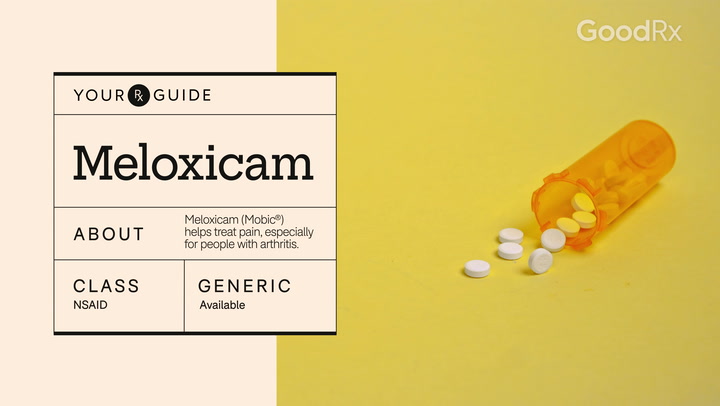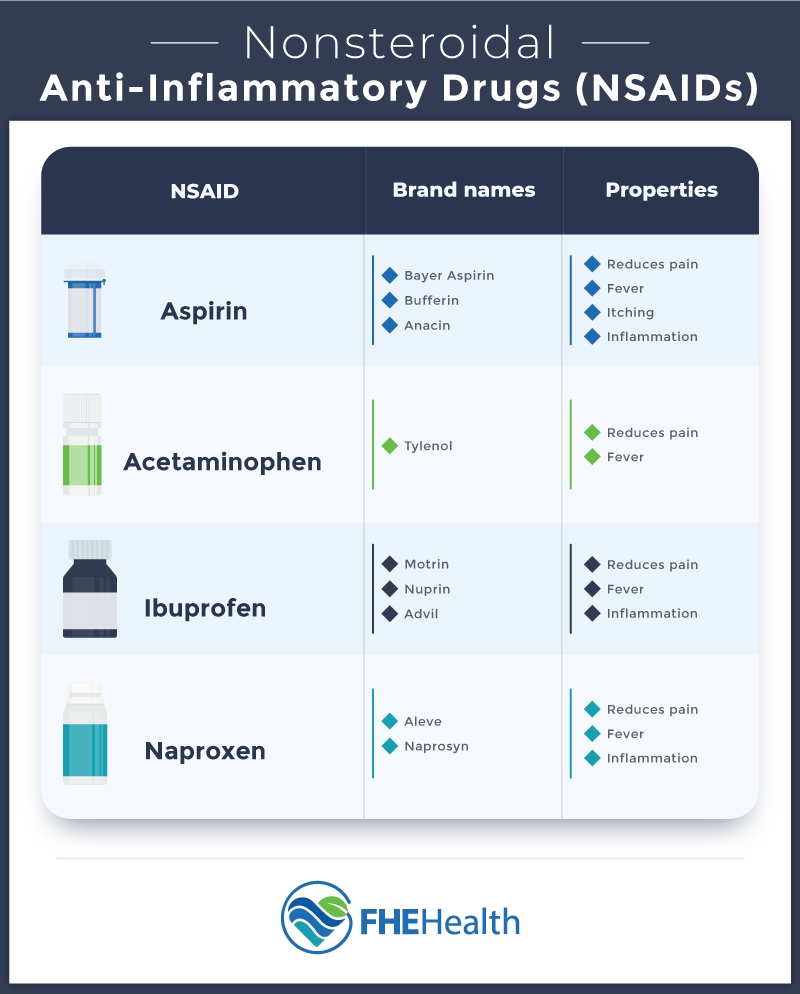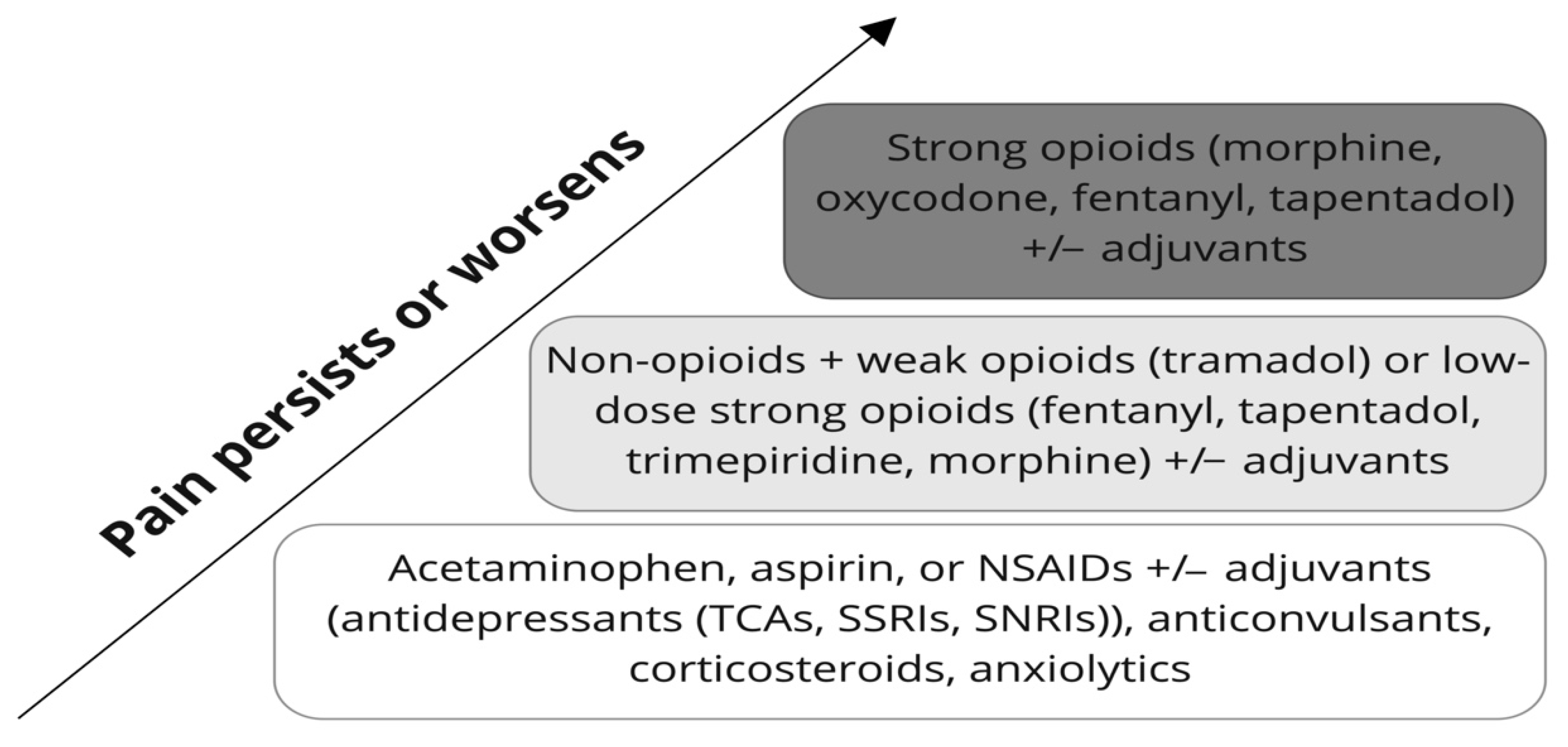Can You Take Meloxicam And Aspirin Together

Urgent health warning: Combining meloxicam and aspirin can significantly increase your risk of serious side effects, including gastrointestinal bleeding and cardiovascular complications. This combination should generally be avoided unless specifically directed and monitored by a physician.
The concurrent use of these two medications, both classified as nonsteroidal anti-inflammatory drugs (NSAIDs), amplifies their individual risks, potentially leading to severe health consequences. Understanding the dangers is crucial for patients managing pain and inflammation.
The Core Issue: Increased Risk of Bleeding
The primary concern with combining meloxicam and aspirin is the heightened risk of gastrointestinal (GI) bleeding. Both drugs inhibit the production of prostaglandins, which protect the stomach lining.
When taken together, this protective mechanism is further compromised, increasing the likelihood of ulcers and bleeding in the stomach or intestines. The severity can range from mild discomfort to life-threatening hemorrhage.
Who is at risk? Individuals with a history of stomach ulcers, GI bleeding, or who are elderly are at particularly high risk. Those taking anticoagulants or corticosteroids concurrently also face elevated danger.
Cardiovascular Concerns
Besides GI risks, both meloxicam and aspirin, particularly in higher doses, can increase the risk of cardiovascular events. This includes heart attack and stroke.
Aspirin, while sometimes prescribed in low doses for its antiplatelet effects (to prevent blood clots), can interact negatively with meloxicam's mechanism. This interference can diminish aspirin’s cardioprotective benefits while exacerbating the overall cardiovascular risk.
Patients with pre-existing heart conditions should exercise extreme caution and consult their doctor before using either medication. Especially before considering using them together.
When Might This Combination Be Considered (and Why You Still Need Caution)
In very rare cases, a doctor might prescribe both meloxicam and aspirin. However, this would only occur if the potential benefits outweigh the significant risks, and only under strict medical supervision.
This supervision typically includes regular monitoring for GI bleeding, blood pressure checks, and assessment of cardiovascular health. It is extremely important to follow the medical advice of a qualified person.
Never self-medicate or adjust dosages without consulting a healthcare professional. Doing so could have severe and irreversible health consequences.
Dosage and Administration: A Critical Factor
The risk associated with combining meloxicam and aspirin is often dose-dependent. Higher doses of either drug elevate the danger.
Even low-dose aspirin, commonly used for cardiovascular protection, can interact negatively with meloxicam. Careful consideration of all medications is essential.
Always inform your doctor of all medications and supplements you are taking to avoid potentially harmful drug interactions. Do not assume that a low does will prevent the side effects.
Alternatives to Combining Meloxicam and Aspirin
Fortunately, alternative pain management strategies exist that may not carry the same risks. These options should be explored with your physician.
These may include other types of pain relievers, physical therapy, lifestyle modifications, or other non-pharmacological interventions. Do not self-prescribe alternative medications!
The decision on the best course of action should be made on an individual basis, considering your medical history and specific needs.
Identifying Meloxicam and Aspirin
Meloxicam is a prescription NSAID often used to treat osteoarthritis, rheumatoid arthritis, and other painful conditions. Common brand names include Mobic.
Aspirin, also an NSAID, is available both over-the-counter and by prescription. It is used for pain relief, fever reduction, and, in low doses, for cardiovascular protection.
Always carefully read the labels of all medications and consult with a pharmacist if you have any questions about their ingredients or potential interactions. Don't risk taking the wrong medication.
What to Do If You Are Currently Taking Both
If you are currently taking both meloxicam and aspirin, do not stop taking either medication abruptly. Instead, contact your doctor immediately.
Your doctor can assess your risk factors, determine the necessity of each medication, and recommend a safer alternative if needed. Never make changes without medical supervision.
Be prepared to provide a complete medical history, including all medications, supplements, and pre-existing conditions, to assist your doctor in making an informed decision.
Ongoing Monitoring and Future Developments
The FDA continues to monitor the safety of NSAIDs, including meloxicam and aspirin. Updated safety information and guidelines are periodically released.
Stay informed about the latest recommendations from reputable sources, such as the FDA and your healthcare provider. Being informed is the first step in staying safe.
Report any unusual symptoms or side effects to your doctor promptly. Early detection and intervention can significantly improve outcomes.







:max_bytes(150000):strip_icc()/VWH_Illustration_What-to-Know-About-Meloxicam-and-Tylenol_Illustrator_Laura-Porter_Final-d5116d8be6124a7ca7648a4ccb39b9e4.jpg)









